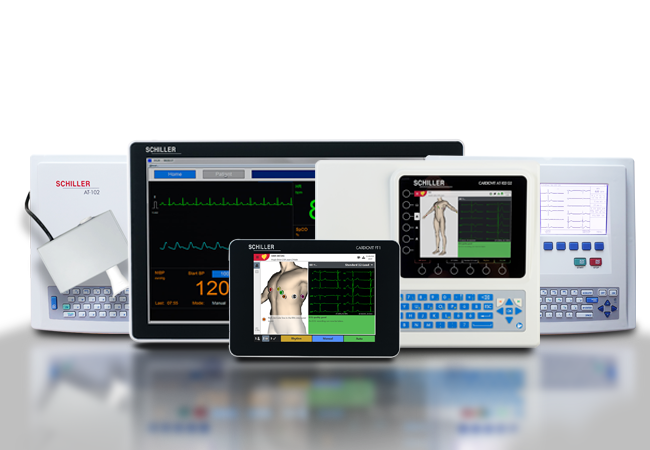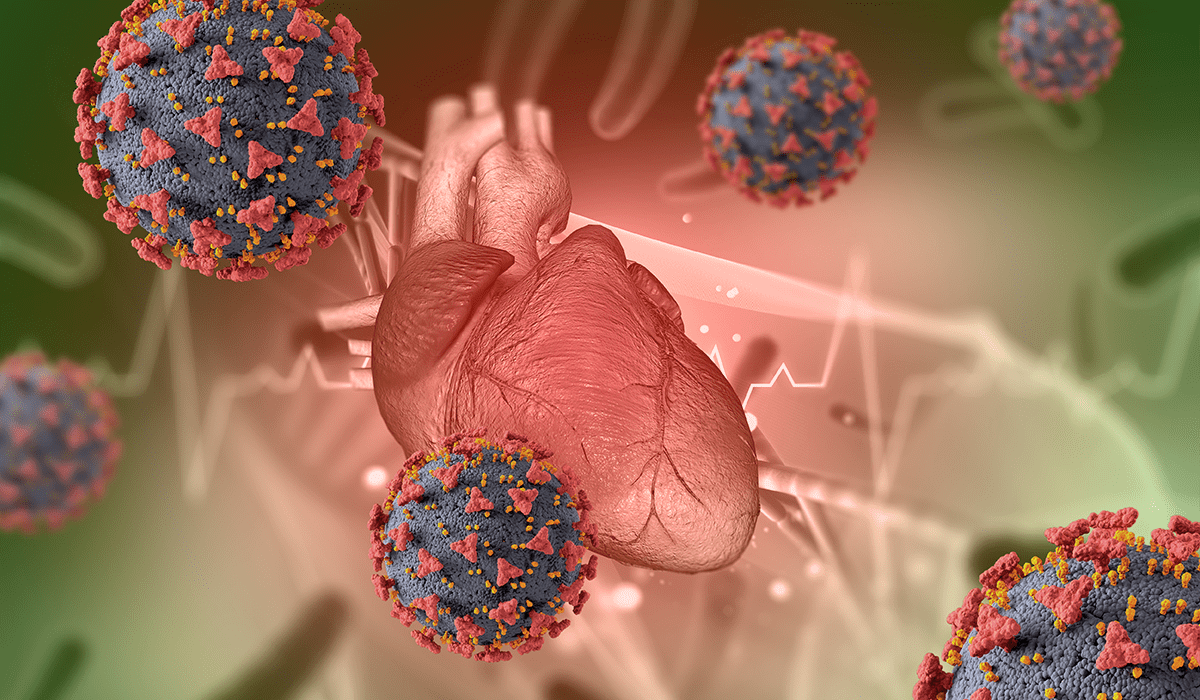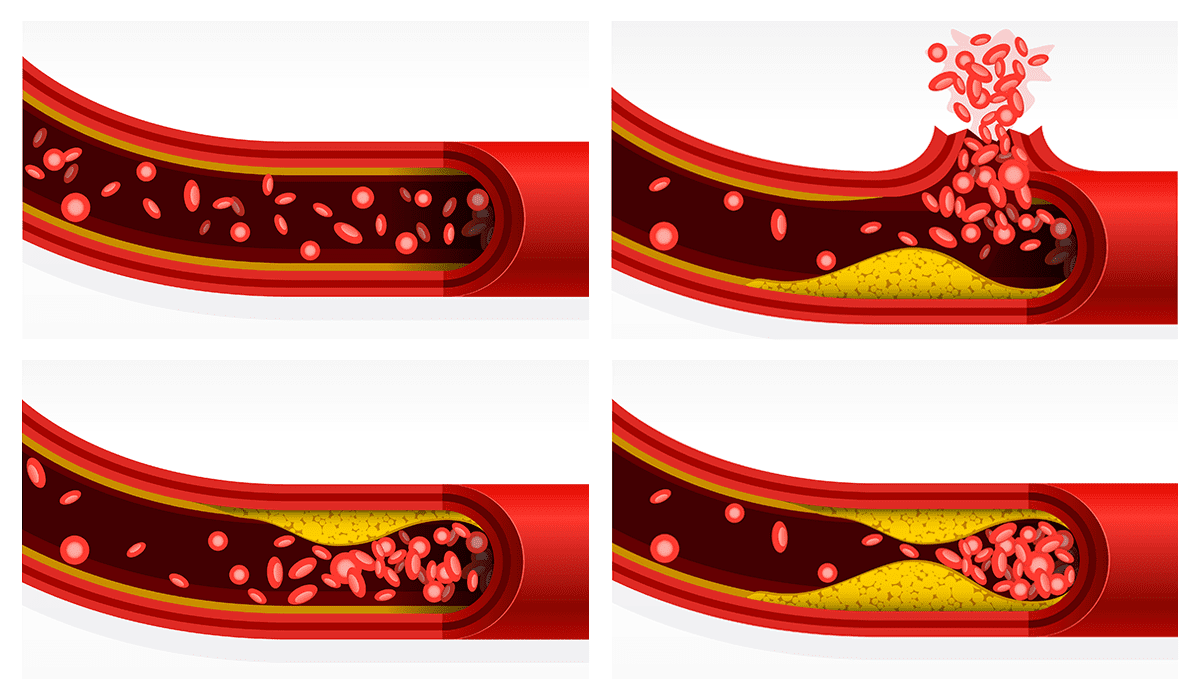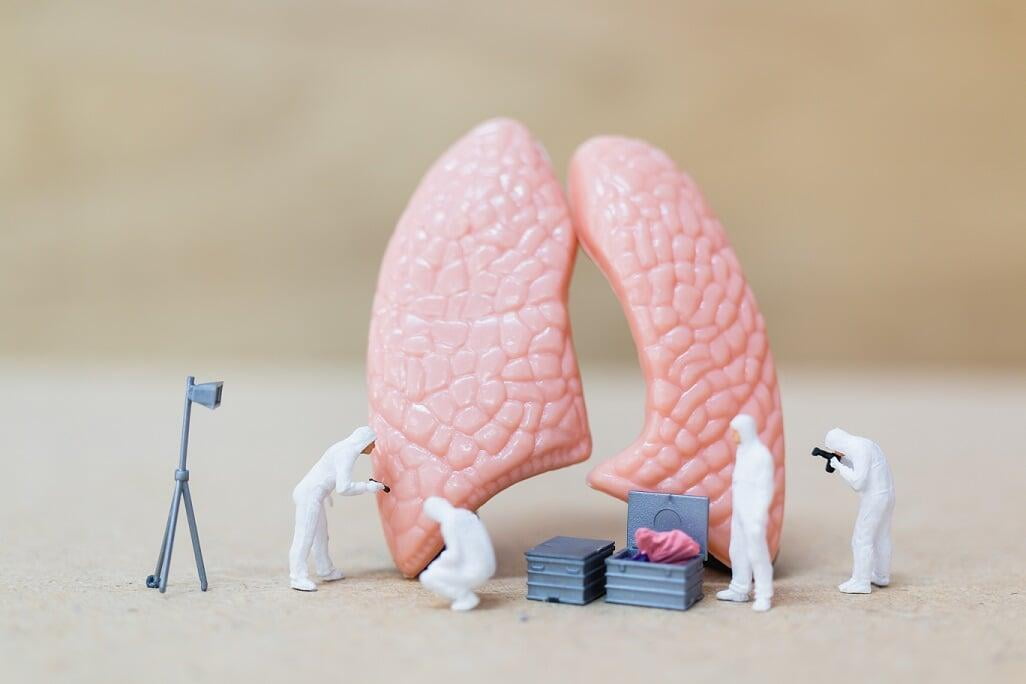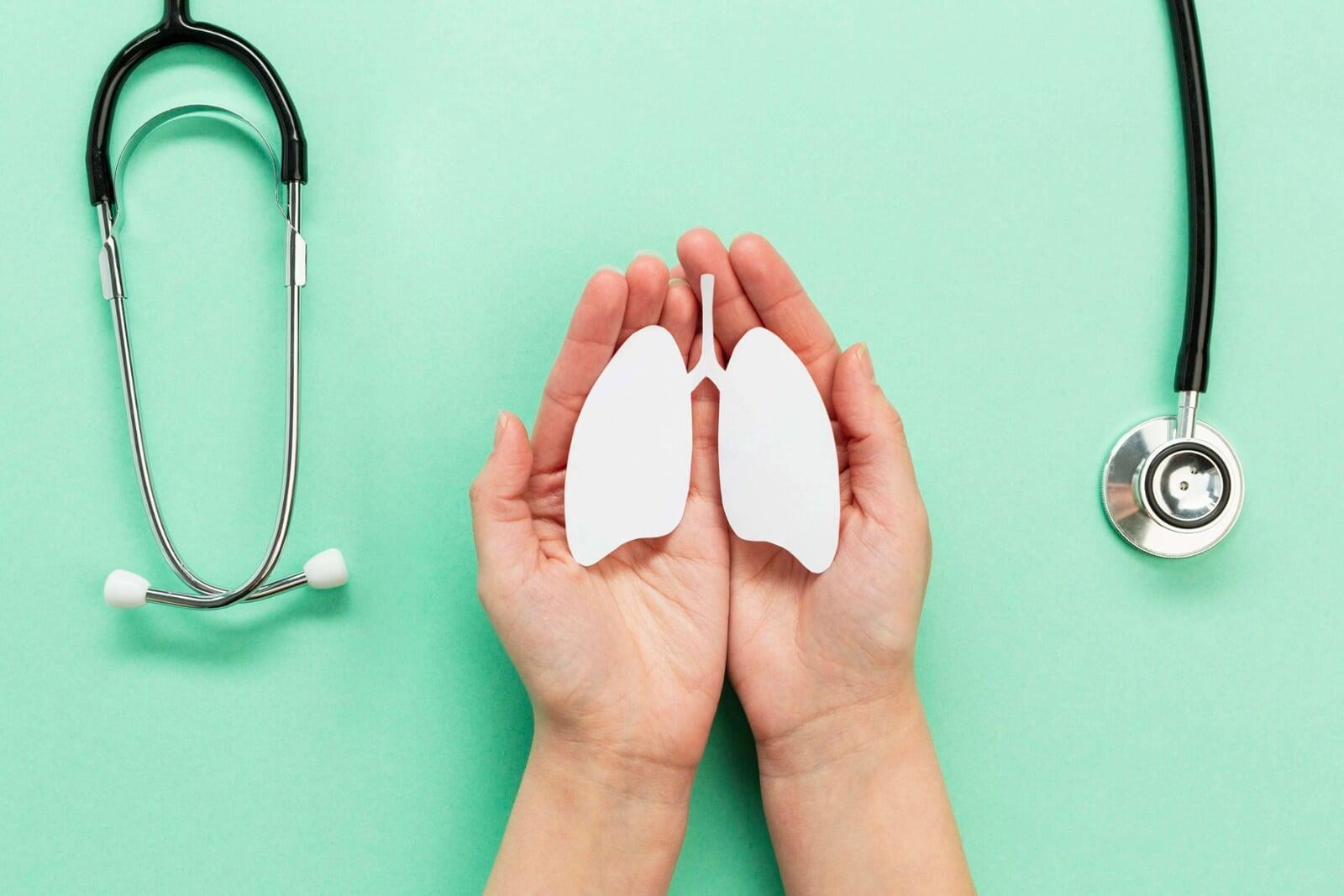Doctors have observed that COVID-19 patients have long-term symptoms of autonomic dysfunction and heart insult up to 6 months from the onset of the disease.
As the life expectancy has increased, so has the burden of chronic diseases. Although caregiving can help the patient gain control over his life, not being related to vital control can contribute to suffocating him.
What to do with those patients when we detect monomorphic Premature Ventricular Contractions on the ECG?
When deciding to invest in an electrocardiograph, the first step is, of course, obtaining one that is manufactured by a reliable, well-known, reputable company. Whether you are getting an EKG for the first time, or you want to replace an outdated device, there are some aspects you must consider to ...
A distinctive feature of dysosmias in COVID-19 is that they appear relatively early, in contrast to what was observed in SARS (Severe Acute Respiratory Syndrome).
Performing tests that meet the criteria indicated by the American Thoracic Society (ATS) allows adequate patient care.
The objective of the study was to estimate the rate in which COVID-19 patients had heart abnormalities and determine the association between detected abnormalities, their severity, and mortality of the disease.
In a new work of the Copenhagen General Population Study,13015 patients treated with statins were followed. The purpose was to determine the residual risk of death from any cause, and the risk of developing a myocardial infarction in patients taking that medication.
Hospital survival in case of severe COVID-19 involvement is often associated with residual fibrotic lung abnormalities, evidenced by pulmonary CT at the time of discharge, and lung function tests.
Is there anything in common between the pandemic we are currently confronting and previous pandemics? There's definitely a certain parallel that's worth analyzing. In this paper we highlight data that will allow us to have a reference point to compare the Spanish influenza (or Spanish flu) epidemic ...
COPD and its exacerbations are a serious health problem. COPD is the third leading cause of death worldwide. According to a study entitled
2020 was a year of uncertainty due to COVID-19. In 2021 we are still confronting uncertainty and the challenges of limitations on so many things, but saving lives must not be one of them.
Over the past few years, Schiller Americas has been a proud partner of the American Heart Association, an a...
Although dyspnea is a common reason for consulting a primary care physician (1 - 4% of all visits) pulmonary function tests are often overlooked and seldom performed
Congenital Heart Defect (CHD) is also known as Congenital Heart Disease (CHD). However, the American Heart Association considers the term “defect” more accurate.




